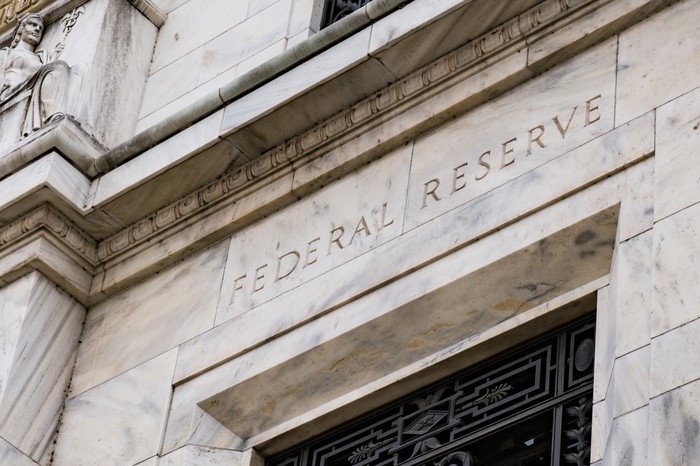The Federal Reserve announced at the beginning of August that they are planning to build a real-time payment platform. This would address concerns from smaller financial institutions that are hesitant to buy services from The Clearing House (TCH), which is run by the nation’s largest banks and is currently the only network that provides services for all channels.
By providing their own solution, FedNow Service, the Federal Reserve intends to provide interbank 24/7/365 gross settlement services at competitive prices while supporting new innovation in the industry. They are also focused on providing an alternative that would reach all financial institutions and would be in place in the disastrous event that TCH’s real-time payment platform failed.
The Fed is currently hoping to launch the platform by 2024 but of course, there have been wide-ranging concerns and opinions on either side of the political spectrum.
Congress has held multiple hearings in order to discuss the Fed’s decision, with Democrats and Republicans being decisively divided.
On one side of the aisle, Democrats seem to have embraced the competition against the private sector. They feel that the FedNow system will provide equality to low-income families who struggle with living from paycheck to paycheck and how this affects their susceptibility to overdraft fees and predatory payday lenders, and the inability to pay bills on time.
Ranking Member Sherrod Brown (D-OH) of the Senate Banking Committee began by saying, “Whether it’s Facebook thinking it can run its own currency, or big banks wanting a monopoly over our payments system, we can’t allow corporations to take over critical public infrastructure so they can squeeze more profits out of working families.”
On the other hand, Republicans raised concerns over the costs of FedNow and whether or not it would truly be interoperable. There were also worries about the Fed operating its own system in competition to private sectors, which some warn may negatively impact existing systems and slow private sector progress.
Senator Pat Toomey (R-PA) expressed his opinion that Congress should potentially step in to block the Fed’s launch, stating, “We heard today that the Fed is not willing to make a commitment to uniform pricing, so we could have pricing discrimination against small banks,” Toomey said. “We know that the Fed is not committed to interoperability, so that’s a real problem, so I think we should consider that.”
As if to move matters further, Senator Ayanna Pressley (D-MA) reintroduced the “Payments Modernization Act of 2019.” This would require that the Fed offer real-time payment solutions within three years times.
However the political ax falls remains to be seen, but the Faster Payments Council is supporting the Fed’s move. Executive Director Kimberly Ford stated, “While the Faster Payments Council is solution agnostic – our members have various faster payment products in the market today – we believe that the Federal Reserve’s decision to move forward with FedNow is a strong endorsement of faster payments. We plan to work closely with them to share our members’ perspectives on the design of FedNow and how to address more complex problems in the areas of fraud prevention, security and interoperability, for example.”


